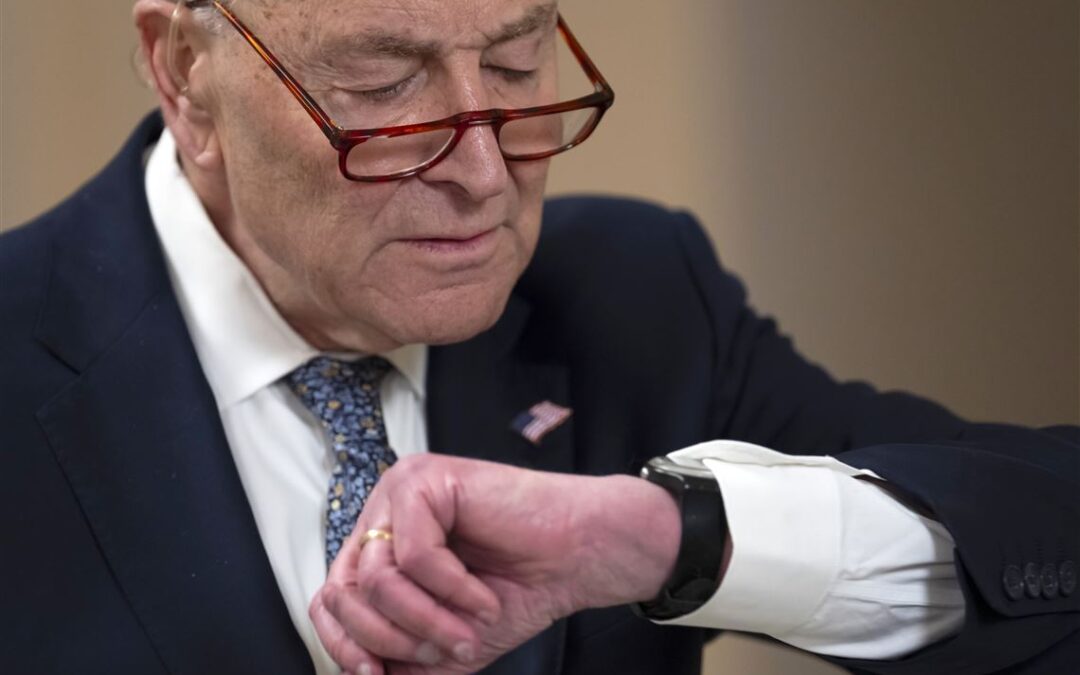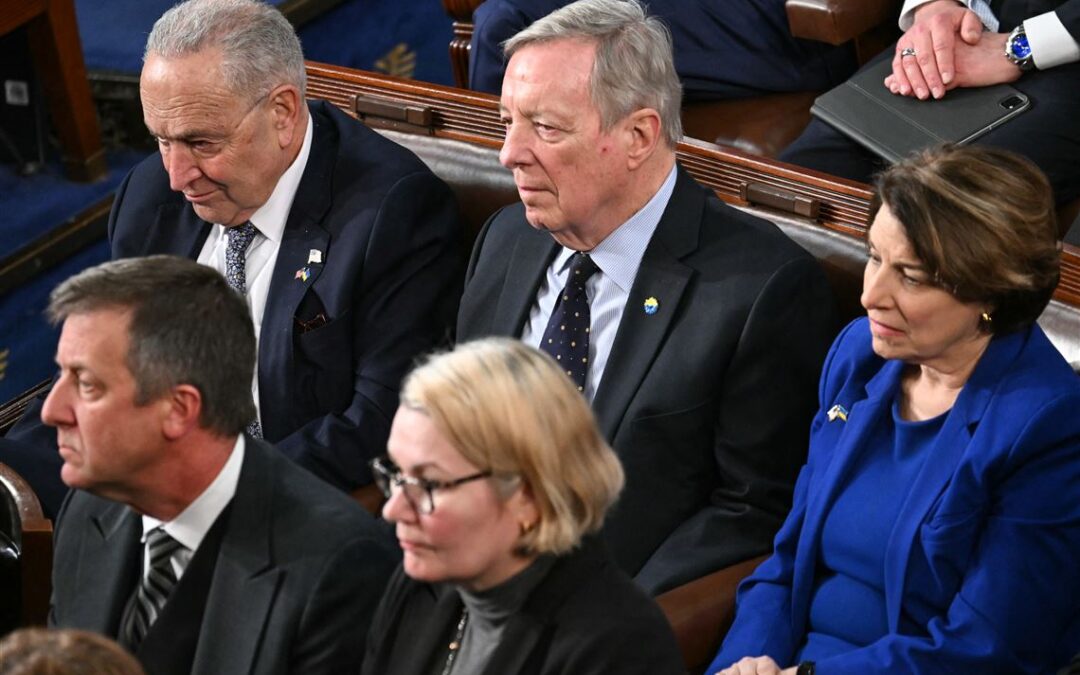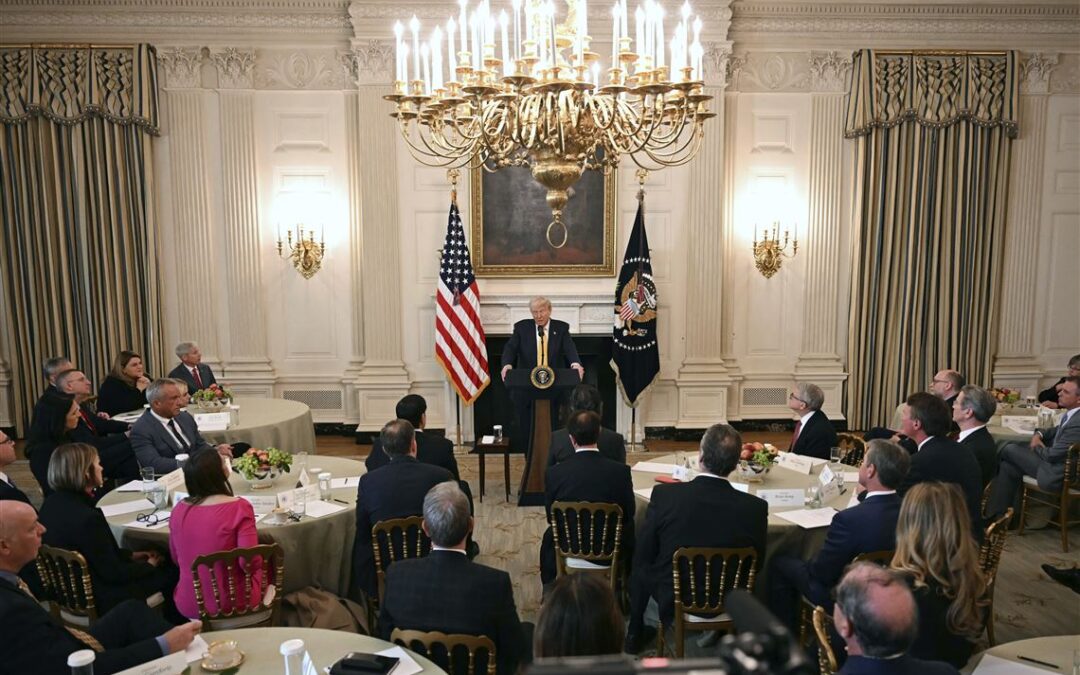
I often talk about groups within secularism. The largest group consists of people who are affiliated with religion and may even sat they believe in God, but are entirely natural in their outlook. Religion and God have different meanings for them than for their traditions. They are the main reason that God is Dead,
Then there are the religiously unaffiliated. Many, most, are self-acknowledged atheists with a mechanistic materialism as their ontology. They don’t know it doesn’t work.
The third group I have been calling the On Being secularists, after the NPR show hosted by Krista Tippett. This show appears in my writing all the time. I listen most weeks. These are the secularists who answer yes to Lonergan’s question, Is the Universe On our Side?
This week’s episode is a perfect example. I just got an email about it. The writer Pico Iyer is the host, interviewing Elizabeth Gilbert, known to most of us as the author of Eat Pray Love. Gilbert talks about the death of her partner, Rayya, to cancer in 2018—living with what you can’t fix. And we get to hear another example of secular spiritual practice.
This is from the email account: How, then, do we live? Liz reflects on what it means to be entirely present to what’s happening. Speaking about hope, she’s cautious, aware that while many people who loved Rayya hoped — even until the last days — that she’d make a recovery, sometimes that hope got in the way of being present to the arrival of death.
“I hope more and more to become a person who can live in the world as it is,” Liz says, noting that the world as it is can be a tough place to be. It requires practice to maintain this presence. One of the practices that’s sustained her has been to write a letter to love. While it’s something she’s done on and off for many years, she’s come to it more particularly as a daily practice in the last few years. Writing to love helps her imagine how love would write back to her, and it keeps her attention on what’s happening in the day. In this way, writing, imagination, reality, reflection, and listening are all part of being present to her life. “Writing was my first prayer,” she says, reminding us of how writing — perhaps especially the form of a letter — is a powerful way to access what’s deep in us.
**************
When I actually listened to the podcast on Sunday, I heard something different than I had expected. Gilbert quoted the Tao Te Ching as follows: “Hope is as hollow as fear.”
Now in context this simply meant that people who had unrealistic hope for the recovery of Gilbert’s beloved partner were not as present to her as people who were more realistic about her prospects. She was dying and that had to be accepted before any genuine experience could take place.
But there is another way to hear the teaching–there is no point to either hope or fear. One must simply be in the moment.
Heard that way, Gilbert was embracing the no as the answer to Lonergan’s question. John Gray would utterly agree that hope is as hollow as fear.
But this just shows how self-contradictory the no can be. The author of this very teaching was practicing hope–hope that future generations would learn from this teaching to live better human lives. Otherwise, why write it?
And this is true of all of the best of Gilbert’s own work.
Now I have to say that even the On Being secularists split between the no and the yes. I am beginning to see that the yes is quite small. This is an important to remember going forward.





0 Comments